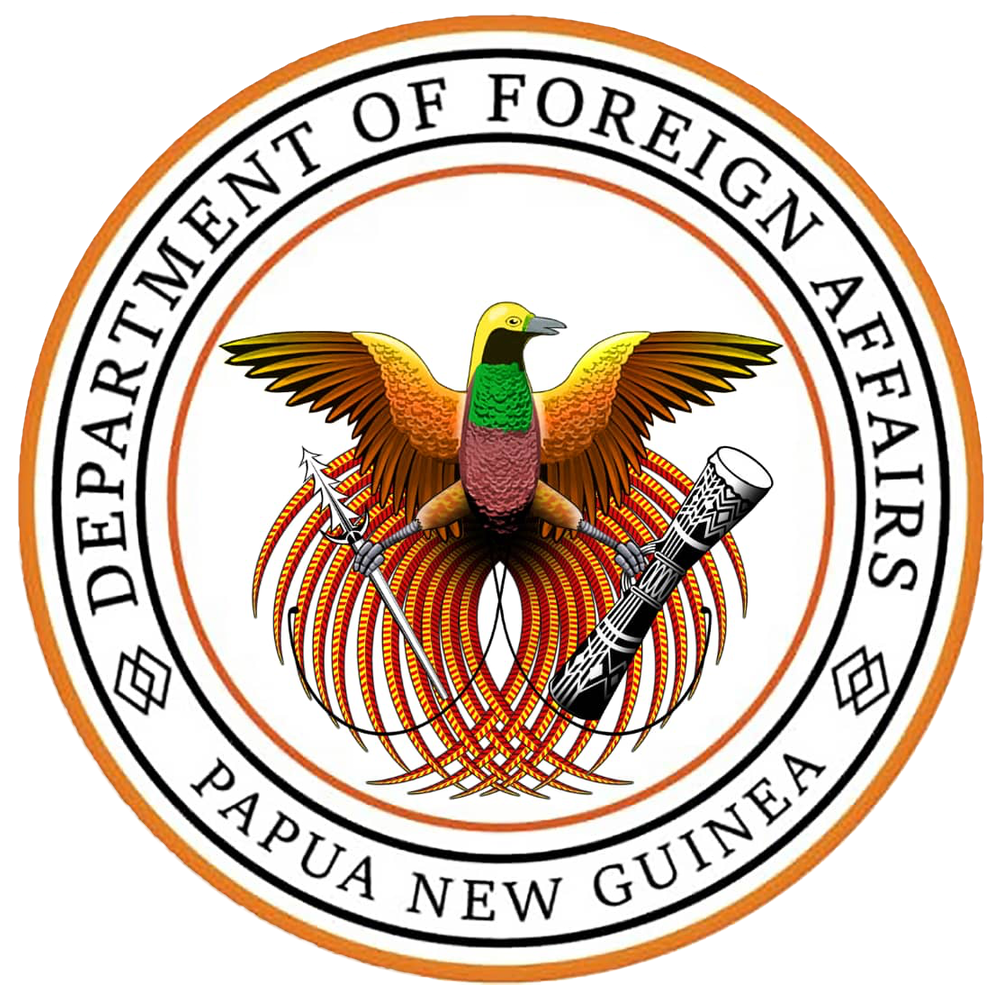About PNG: Trade
Trade plays a crucial role in the economic landscape of Papua New Guinea (PNG), contributing to the nation's development and global engagement. Here's an exploration of trade in PNG:
Economic Structure: Papua New Guinea's economy is largely reliant on trade, with exports and imports playing significant roles. The country's economic structure is characterized by a mix of traditional subsistence agriculture and a growing formal economy driven by extractive industries and services.
Exports: PNG is known for its rich natural resources, and the majority of its exports are related to the mining and petroleum sector. Minerals such as gold, copper, and nickel, as well as liquefied natural gas (LNG), are major contributors to the country's export revenue. Agricultural products like coffee, palm oil, and cocoa also feature prominently in PNG's export portfolio.
Imported Goods: While PNG exports valuable natural resources, it also relies on imports for various goods and services. Imported items include machinery, vehicles, fuel, manufactured goods, and food products. The demand for certain commodities that aren't produced domestically necessitates a reliance on international trade.
Australia as a Key Trading Partner: Australia is a significant trading partner for Papua New Guinea. The close geographical proximity, historical ties, and economic collaboration contribute to a robust trading relationship. Australian companies are involved in various sectors, including mining, services, and infrastructure development.
Asia-Pacific Engagement: PNG's strategic location in the Asia-Pacific region positions it as an active participant in regional trade. The country engages with neighboring nations and regional organizations, fostering economic cooperation and addressing shared challenges.
Trade Balance and Economic Challenges: PNG has experienced trade imbalances, with the value of imports often exceeding that of exports. This trade imbalance, coupled with external debt, presents economic challenges that require careful management and strategic planning for sustainable development.
Resource Extraction and Revenue Generation: Resource extraction, particularly in the mining and petroleum sector, significantly contributes to trade revenue. However, the reliance on extractive industries also poses challenges related to environmental sustainability, community impacts, and the need for diversification.
Agricultural Exports: Apart from mineral resources, PNG's agricultural sector contributes substantially to exports. Coffee, in particular, is a major export commodity, with PNG being renowned for producing high-quality Arabica coffee. Efforts to enhance the value chain for agricultural products aim to boost export earnings.
Trade Policies and Agreements: Papua New Guinea has been exploring trade policies and agreements to enhance its global economic standing. The country is a member of regional bodies like the Pacific Islands Forum and engages in discussions on trade-related issues, including tariffs, market access, and economic cooperation.
Trade is a pivotal component of Papua New Guinea's economic development, with the nation actively participating in global and regional commerce. The balance between resource extraction, agricultural exports, and the management of trade-related challenges shapes the trajectory of PNG's economic engagement with the world.

